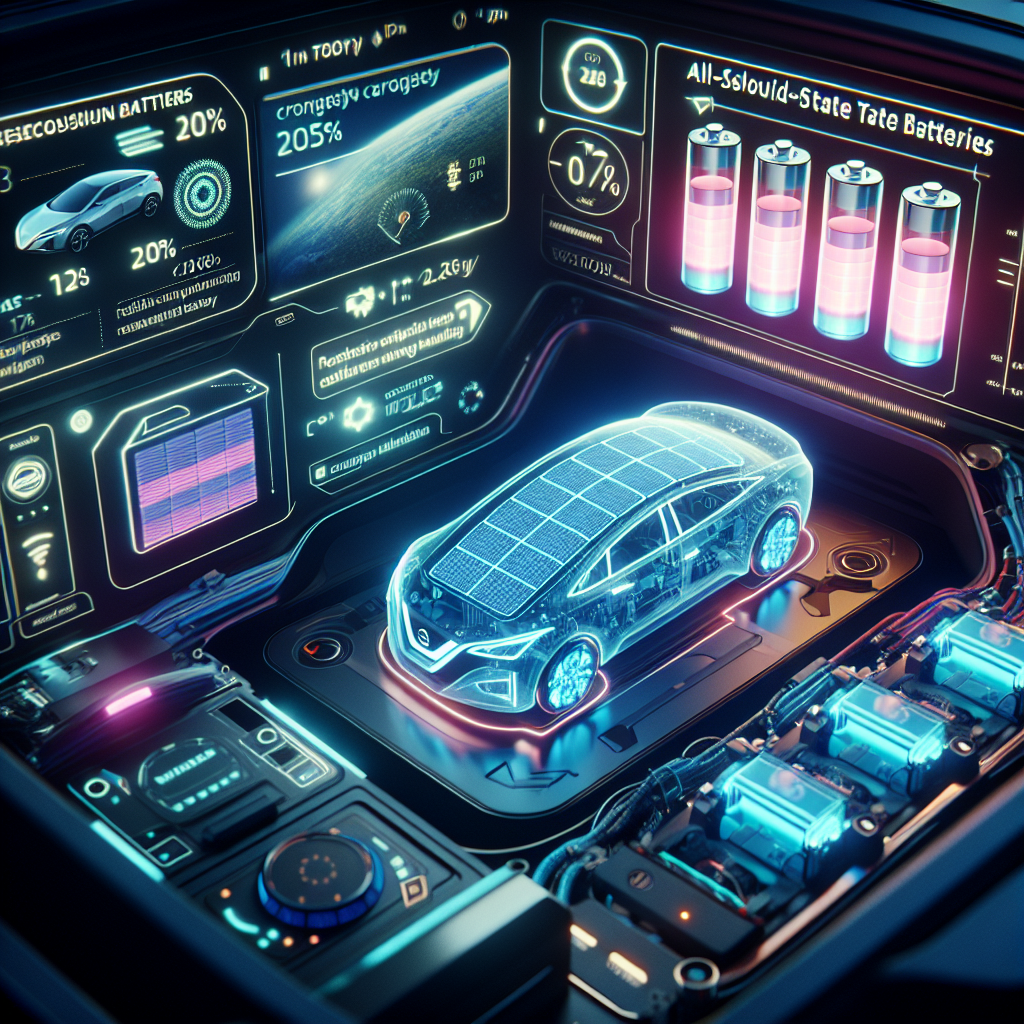
The electric vehicle industry is experiencing a significant leap forward in battery technology, with Nissan making substantial progress toward commercializing all-solid-state batteries. This breakthrough represents a major step in addressing key challenges that have long hindered EV adoption, including charging speed, range, and safety concerns. Solid-state batteries promise to revolutionize the sector by replacing liquid electrolytes with solid materials, potentially offering higher energy density, faster charging times, and improved safety compared to conventional lithium-ion batteries. As automakers race to bring next-generation battery technology to market, Nissan's recent developments signal that the future of electric mobility may arrive sooner than anticipated, marking a pivotal moment in the transition away from fossil fuel-powered transportation.
Nissan has announced that its all-solid-state battery technology has moved significantly closer to becoming a commercial reality, according to [1]. The Japanese automaker's progress in this field represents years of research and development aimed at overcoming the technical challenges associated with solid-state battery production. Unlike traditional lithium-ion batteries that use liquid electrolytes, solid-state batteries employ solid electrolyte materials, which can potentially deliver greater energy storage capacity in a smaller, lighter package while reducing fire risks associated with flammable liquid electrolytes.
The advancement comes at a crucial time for the automotive industry, as manufacturers seek to differentiate their electric offerings in an increasingly competitive market. Solid-state batteries have long been considered the holy grail of EV technology due to their theoretical advantages, including the potential for significantly faster charging times and extended driving ranges. Nissan's progress suggests that these benefits may soon transition from laboratory concepts to real-world applications, potentially transforming consumer perceptions of electric vehicles and addressing range anxiety that continues to deter some potential buyers.
Complementing the battery breakthrough, Nissan has also unveiled a solar-powered EV prototype that can charge itself even while driving, as reported by [2]. The innovative system can generate enough electricity to support almost 1,900 miles of annual driving, aiming to reduce reliance on grid charging infrastructure. This development demonstrates how automakers are exploring multiple pathways to enhance EV convenience and sustainability, combining advanced battery chemistry with renewable energy integration.
Meanwhile, infrastructure innovations are also emerging to support the growing EV ecosystem. A new highway charging system capable of delivering power at an impressive 300 kilowatts while vehicles are in motion has been demonstrated, according to [3]. This charge-as-you-drive induction technology could fundamentally change how electric vehicles are powered during long journeys, potentially eliminating the need for lengthy charging stops and further addressing range concerns that have historically limited EV adoption for long-distance travel.








